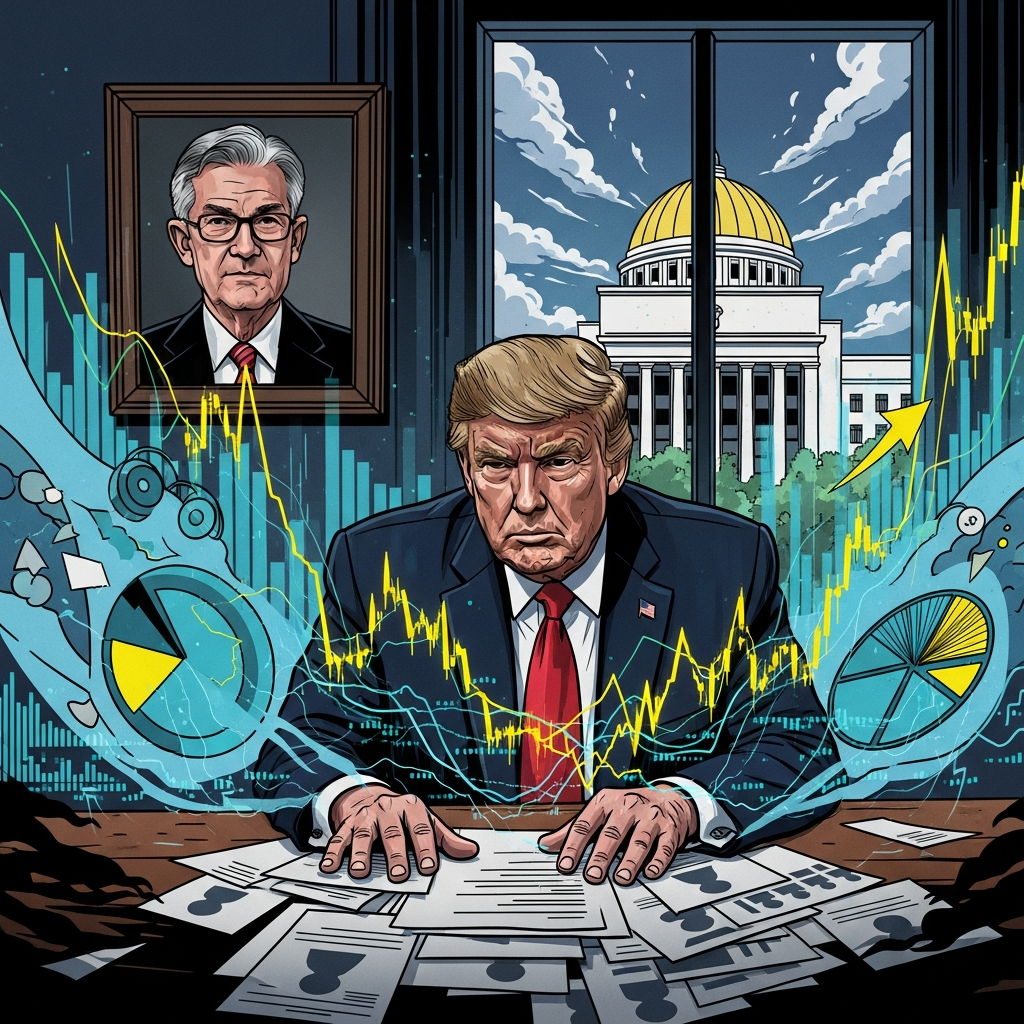Inside the High-Stakes AI Talent War: Meta vs. OpenAI
The battle for top AI talent is raging across the tech industry, marked by reports of unprecedented compensation packages. At the center of the latest skirmish are tech giants Meta and OpenAI, trading barbs over recruitment tactics and the true state of the talent market.
Meta’s Chief Technology Officer, Andrew Bosworth, recently pushed back strongly against claims made by OpenAI CEO Sam Altman regarding Meta offering “crazy” $100 million signing bonuses to poach OpenAI employees. Speaking at a company-wide meeting, Bosworth labeled Altman’s assertion as “dishonest.”
Exaggeration or Market Reality? Meta’s Perspective
According to Bosworth, while the AI talent market is undoubtedly competitive, Altman’s “$100 million bonus” figure is a significant exaggeration. He clarified that such extreme compensation packages, if they exist, are not standard practice across the board but are potentially offered for “a very, very small number of people who are for senior, senior leadership roles” within Meta’s new superintelligence AI team. Furthermore, Bosworth stated these aren’t simple sign-on bonuses but complex packages involving various components.
Bosworth also pointed out that Altman “neglects to mention” that OpenAI itself is actively countering these high offers to retain its key staff, effectively contributing to the intense market valuation for this elite group.
Meta Claims Success in Poaching Talent
Despite the contentious claims about compensation figures, Meta asserts it is successfully recruiting talent from OpenAI. Bosworth confirmed during the meeting that Meta has hired several OpenAI researchers, with “quite a few more in the pipeline.”
Recent confirmed hires from OpenAI joining Meta include Lucas Beyer, Alexander Kolesnikov, and Xiaohua Zhai, who were instrumental in establishing OpenAI’s Zurich research office. Another former OpenAI researcher, Trapit Bansal, has also reportedly joined Meta. Lucas Beyer himself has publicly denied receiving a $100 million sign-on bonus.
Meta’s push to acquire top AI researchers is directly linked to its ambitious goal of building superintelligent systems and accelerating its AI roadmap, particularly under its new ‘superintelligence’ team. This strategic drive is reportedly supported by Meta CEO Mark Zuckerberg, who is personally involved in recruiting for the elite 50-person team.
Bosworth suggested that Altman’s public complaints and exaggerations stem from Meta’s success in attracting this talent. “Sam is known to exaggerate,” Bosworth said, adding, “I know exactly why he’s doing it, which is because we are succeeding at getting talent from OpenAI. He’s not very happy about that.”
The Broader, Intense AI Talent Landscape
The competition isn’t limited to Meta and OpenAI; the entire AI industry is locked in a fierce battle for a limited pool of seasoned experts. This has led to eye-watering salaries and creative retention tactics across the board.
Extreme Compensation: Reports suggest Meta isn’t the only one offering massive pay. Meta CEO Mark Zuckerberg is rumored to be personally telling potential hires about a “$2M/yr floor” for salaries in some AI roles. OpenAI itself is reportedly offering retention packages exceeding $2 million in bonuses and over $20 million in equity to keep top researchers, particularly countering offers from ventures like Safe Superintelligence (SSI), co-founded by former OpenAI chief scientist Ilya Sutskever.
Strategic Moves: Meta’s talent acquisition strategy goes beyond direct poaching. The company made a significant $14.8 billion investment for a 49% stake in AI data company Scale AI, a move seen partly as an “acqui-hire” to bring Scale AI’s CEO, Alexandr Wang, aboard to lead Meta’s new superintelligence team. Meta reportedly also made a $32 billion acquisition offer for Ilya Sutskever’s SSI startup, which was declined, and has targeted other prominent figures like Daniel Gross and Nat Friedman.
Market Bifurcation: While elite AI researchers command unprecedented salaries, the broader tech job market, especially for entry-level roles, shows signs of contraction. This creates a stark divide between the highly sought-after senior experts and new graduates facing declining opportunities.
Retention Efforts: Keeping talent is as hard as hiring it. While Meta’s retention rate is around 64%, companies like Anthropic reportedly boast a higher rate of 80% for employees staying two years or more, highlighting the challenge across the industry. Google DeepMind has even reportedly used six-to-twelve-month non-compete clauses for researchers, paying them full salaries during this period to prevent immediate moves to competitors.
Sam Altman has framed the battle less about compensation and more about mission, suggesting OpenAI retains its “best people” due to their commitment to achieving artificial general intelligence (AGI) and superintelligence. He has also expressed skepticism about Meta’s capacity for innovation compared to OpenAI’s focused mission.
Ultimately, the intense talent war reflects the high stakes in the race for AI dominance. While the extreme compensation figures for a select few are making headlines and sparking public disputes, the underlying fight is for the limited human expertise capable of building the future of artificial intelligence. As Meta’s CTO suggests, the current market dynamics may incentivize more people to enter and specialize in AI, potentially altering the compensation landscape in the years to come.



